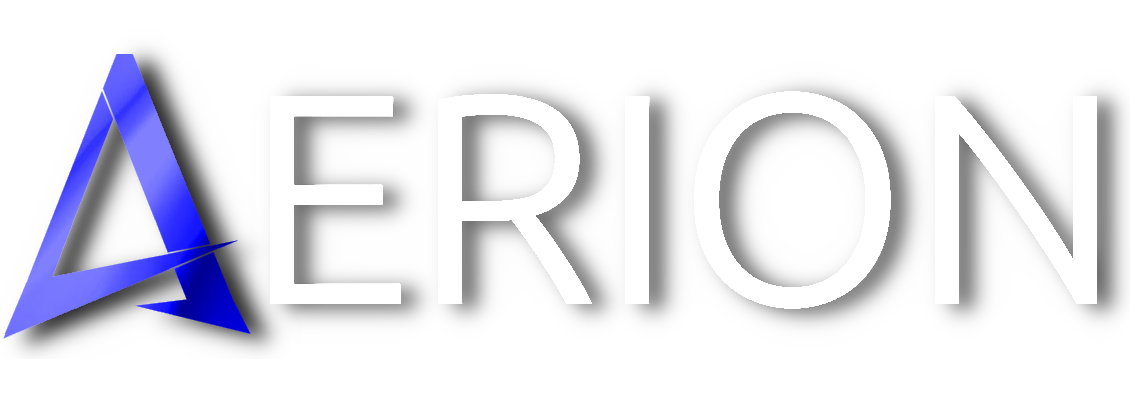Decentralized Identity
Decentralized Identity
Secure Your Digital Self
Decentralized Identity within the Pinnacle network provides individuals with complete control over their digital identities. Users can securely manage, update, and revoke their identities on their own terms, without relying on any central authority. This ensures that personal data is owned and protected by the user, eliminating risks of data breaches and giving users the autonomy they deserve.
Self-Owned
Built to prioritize user privacy by avoiding central authorities and data breaches.
Data Privacy
Reveal only the necessary identity data, keeping your personal information private.
Full Control
Users have total control over what identity information is shared and when.
Immutable Privacy
Blockchain ensures that identity data remains private and tamper-proof.
Full Control
Pinnacle’s Self-Sovereign Identity (SSI) gives users complete control over their personal data, ensuring privacy and security by eliminating the need for central authorities.
Privacy by Design
Selective Disclosure in Pinnacle’s DID system allows users to share only necessary identity data, preserving privacy while verifying key information for decentralized applications.
Interoperability with Global Standards
Pinnacle’s DID framework is built on the W3C Decentralized Identifiers (DIDs) standard, ensuring compatibility with a wide range of blockchain networks and applications. Users can seamlessly integrate their decentralized identities with a broad spectrum of decentralized services.
Selective Disclosure in Action
The Selective Disclosure feature within Altica’s DID system allows users to control which aspects of their identity are revealed in any given interaction. Instead of exposing full personal details, users can selectively share credentials, such as age, location, or professional status, without compromising privacy. This feature fosters trust while ensuring that data privacy remains a core principle of blockchain-based interactions.
Consult our white paper to learn more about Adaptive Subnets and discover other innovative solutions from Aerion, with additional insights into our economic model and the long-term vision behind our ecosystem.

